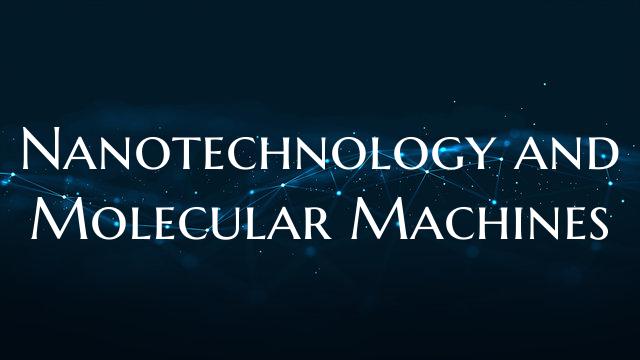Nanotechnology and Molecular Machines
Nanotechnology and molecular machines represent cutting-edge technologies that have revolutionized various fields, from medicine and electronics to materials science and environmental remediation. In this article, we delve into the intricate world of nanotechnology and how it intertwines with the fascinating realm of molecular machines.
Nanotechnology, often referred to as the science of the small, deals with the manipulation of matter on the scale of atoms and molecules, typically ranging from 1 to 100 nanometers. At this scale, materials exhibit unique properties that differ from their macroscale counterparts. Scientists and engineers utilize nanotechnology to design, create, and manipulate structures with precision at the nanoscale. This ability has led to groundbreaking advancements in areas such as drug delivery, sensors, and energy storage.
Molecular machines, on the other hand, are devices composed of individual molecules that perform mechanical movements in response to specific stimuli. These machines operate at the molecular level, where components are designed to function akin to traditional machines but on a nanoscale. Inspired by biological molecular motors, researchers have engineered synthetic molecular machines capable of performing tasks such as molecular transportation, rotation, and assembly.
The convergence of nanotechnology and molecular machines has opened up exciting possibilities for developing novel technologies with unprecedented capabilities. One notable application is in the field of nanomedicine, where nanoscale devices can be used for targeted drug delivery, imaging, and therapy. By employing molecular machines, scientists aim to create smart drug delivery systems that can release therapeutic agents at diseased sites with precision, minimizing side effects and maximizing efficacy.
In electronics, nanotechnology plays a vital role in the development of advanced materials, miniaturized components, and high-performance devices. Molecular machines offer the potential for creating ultrafast and energy-efficient nanoscale circuits and sensors. By integrating molecular-scale components into electronic systems, researchers envision the next generation of computing and communication technologies that are smaller, faster, and more energy-efficient than ever before.
Furthermore, the field of nanotechnology and molecular machines holds promise for addressing global challenges such as environmental pollution and sustainable energy production. Researchers are exploring innovative applications, including nanomaterials for water purification, nanoscale catalysts for clean energy generation, and molecular machines for environmental monitoring and remediation.
As we continue to unlock the capabilities of nanotechnology and molecular machines, it is essential to consider the ethical and societal implications of these advancements. Issues concerning safety, privacy, and responsible usage of these technologies must be carefully addressed to ensure their beneficial impact on society.
In conclusion, the synergy between nanotechnology and molecular machines represents a frontier of scientific exploration with immense potential to transform diverse fields and address pressing global issues. By harnessing the power of the tiny, researchers are pushing the boundaries of what is possible and paving the way for a future where the extraordinary capabilities of nanoscale technologies enhance our lives in profound ways.

